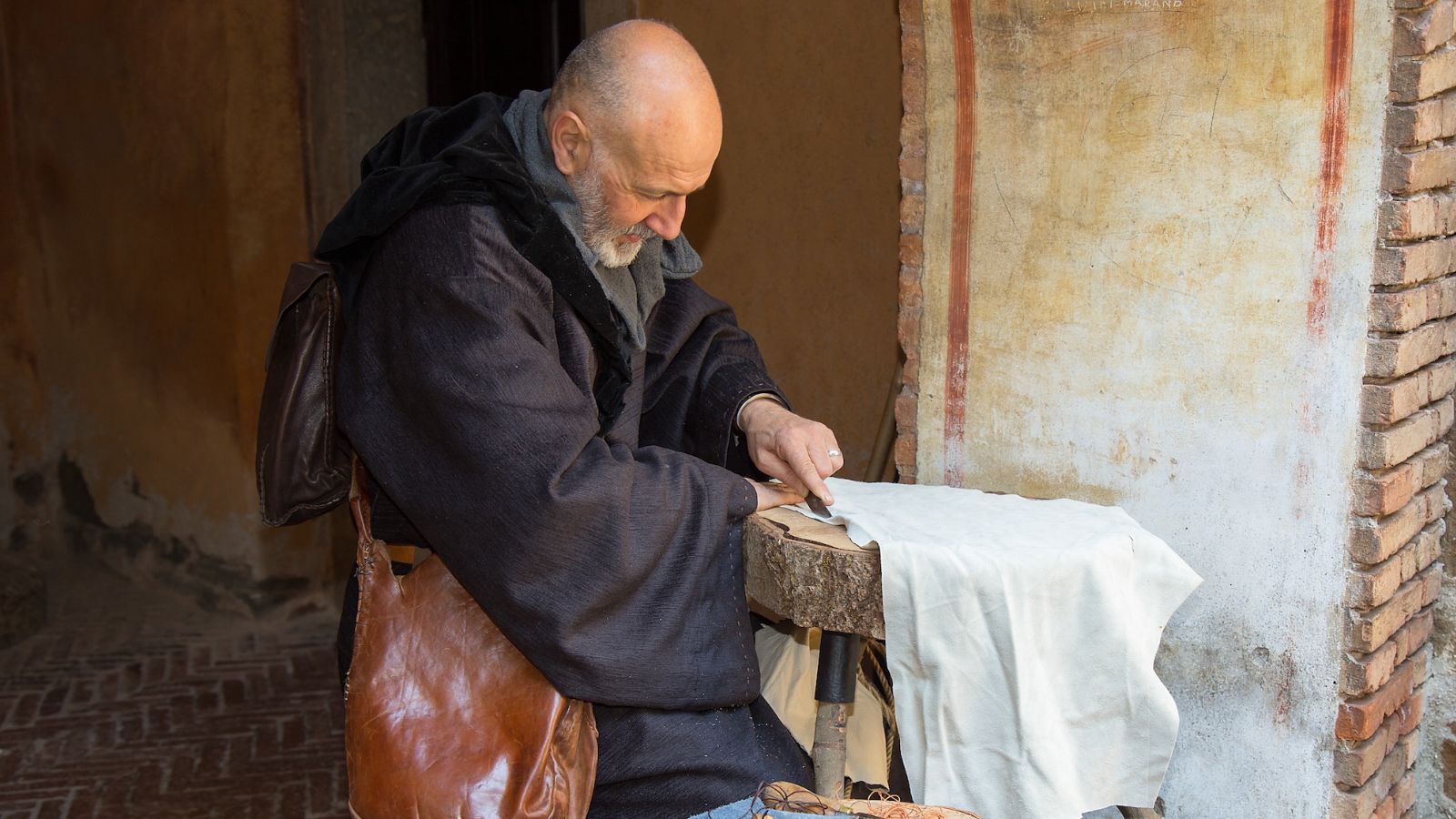The modern world is changing constantly, and many old values seem to have been forgotten. Join us for a trip down memory lane to remember these things we used to hold dearly as a society but don’t anymore.
Respect for Authority

The role of authority in our society has changed substantially over the past few decades, and nowadays, it appears that fewer people respect it in the same way. Societal structures aren’t what they used to be, and this has an impact on law and authority.
The Nuclear Family Ideal

Once upon a time, the American dream was for a husband and a wife to live in a nice suburban home with a car and kids, but the world has realized that this dream doesn’t often come true.
Work Ethic Centered on Long Hours

A few decades ago, there really wasn’t such a thing as ‘work-life balance’, but now many parts of the world focus more on employee happiness to get the most out of them on their jobs. The rise of the gig economy has also made way for more flexible working.
Obedience Without Question

We talked about the change in respect for authority earlier on, but there’s also something to be said about our overall lack of obedience to what we’re told. The internet has empowered people to challenge others and verify their facts, which is probably for the best!
Insignificance of Individual Goals

These days, people are empowered to pursue the things that they actually want from life rather than just following what they’re told by their parents or at school. The idea of personal fulfillment and self-realization being available to everyone is still pretty new.
Education as Memorization

Studying for many years was focused on making students remember as many things as they could from a textbook or a lesson in class. However, the world has learned that this is not a true reflection of their intelligence, so education systems have moved towards problem-solving, critical thinking, and creative education models.
Manual Labor as a Virtue

Production values have changed constantly over the past couple of centuries, and nowadays, there are far fewer people carrying out manual labor (in the Western world). Intellectual and creative work is valued much more highly than it used to be.
Reluctance to Embrace Technology

HLB claims that technology is no longer seen as a tool for transformation but as necessary for survival. So, people have no choice but to embrace it in their lives. And they’ve quickly realized that it can be a force for good, so it’s not so scary.
Single Breadwinner Model

We’ve discussed how the nuclear family is no longer relevant and that women’s roles in society are getting closer to true equality. Therefore, nowadays, multiple breadwinners are often present in the same household.
Conformity to Social Norms

The idea of conforming to social norms is nowhere near as popular as it used to be. These days, people are more willing to celebrate the uniqueness of their individual lives than to follow the rest of the country’s example.
Strict Hierarchical Structures

As we move further into the 21st century, there’s been a significant move towards flatter organizational structures in business and governance, and decision-making in general has been very much decentralized.
Importance of Secrecy and Privacy

A report by Enzuzo found that as many as 64% of people felt that their data was less private than it was years ago. That’s a pretty worrying fact, but the reality is that the digital age has changed how we view our own privacy.
Formality in Communication

In the workplace, people are much more likely to communicate in an informal way than they would have done even 20 or 30 years ago. If you read an email between a boss and an employee at the turn of the century, it would be a lot more formal than one today.
Homogeneous Societies

Can you believe that there was a time in the past when people really believed that we were all the same? It was never a healthy way to process multiculturalism, as most people have now realized that we should celebrate our differences, not ignore them.
Consumerism as a Value

The rise of materialism in favor of minimalism or sustainability has changed the way that Brits shop and live their lives. Everybody wants the latest ‘thing’ to keep up with society, and they’re prepared to pay good money to get it, even if it means clutter.
The Need to Save Face

Even though people may want to ‘save face,’ these days, the general consensus is that people prefer authenticity and transparency. So, ‘saving face’ is a less accepted and favored social construct.
Up Next: 18 Worrying Facts About Life in Medieval Times

The Middle Ages, also known as the medieval period, lasted from 500 AD to 1500 AD and is usually subdivided into the Early, High, and Late Middle Ages. Life in the medieval period was often brutal, with gruesome punishments, wars, and plagues. Here are 18 terrifying facts about life in the medieval period.
18 Worrying Facts About Life in Medieval Times
19 Easy Ways to Fall Back Asleep After Waking Up in the Middle of the Night

We’ve all been there—it’s dark, quiet, and you’re tired, but you’re still constantly tossing and turning, only to finally fall asleep minutes before the alarm goes off! Waking up throughout the night isn’t just frustrating; it also seriously impacts your energy levels. This article focuses on 19 scientifically proven methods that may help you drift back off more easily.
19 Easy Ways to Fall Back Asleep After Waking Up in the Middle of the Night
17 Things That Are Too Woke For Boomers

Our society is so different from what it was decades ago, and boomers don’t like much of what everyone considers normal in today’s society. In this light, here are 17 things about ‘woke culture’ that particularly make boomers uncomfortable.

